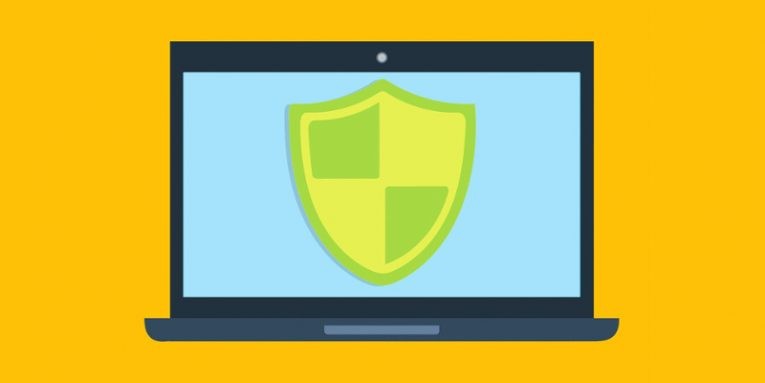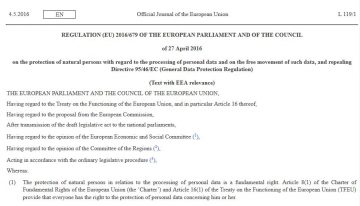Can You Trust Anti-Virus Software with Your Personal Data?

You have probably had people tell you that using an up-to-date anti-virus solution is imperative. Believe it or not, there are quite a few others who claim that running an AV application is a stupid thing to do. And no, we're not talking about the people who think that they know everything about everything. We're talking about IT professionals.
In light of the multiple successful cyber attacks we hear about every day, the existence of an opposing camp is somewhat baffling. It must be said, however, that recently, there have been a few privacy concerns around the use of AV products, and some of them are completely legitimate.
Table of Contents
AV companies could be selling your data
Several years ago, technology website Wired caused a bit of a stir after reporting on AVG's then-new privacy policy which allegedly allowed the security company to collect and sell users' browsing and search history. PCMag's Neil Rubenking wasn't entirely sure about the accuracy of Wired's report, so he conducted an investigation of his own. After going through a lot of legalese, he found out that quite a few providers of free AV products collect user information and then sell it to advertisers.
So, as it turns out, the vendors that should be most concerned about the security of our data are actually monetizing it. On the one hand, this sounds rather disconcerting. On the other, you could argue that worrying about this sort of thing just isn't worth it.
Think about Facebook for a moment. Hundreds of millions of people use it day in, day out without paying a penny, yet, Mark Zuckerberg, its founder, is not exactly struggling to make ends meet. How did he amass his fortune? By displaying the correct ads. And the correct ads were chosen based on the users' personal information.
Like Facebook, many AV vendors are trying to provide a free product, but they can't do it without a source of income. You could even say that doing business with the advertisers isn't such a bad thing because the annoying ads you constantly see will at least be relevant to your interests. Things do go wrong, though, as the people whose information was abused by Cambridge Analytica can testify.
Scanning files now involves the Internet
The job of an AV product is to sort the malicious from the benign files, but it's sometimes difficult for a piece of software to conclusively decide whether a given EXE or document is designed to do bad things. When they're not sure, security solutions send files to the cloud where multiple different engines analyze them and return a verdict. The files remain in the cloud, however, and apparently, they're fairly easily accessible.
At the recent Black Hat USA conference, malware researchers Dani Goland and Ido Naor presented the results of a recent study they conducted. They scoured sources full of files that were scanned for malware and focused on items that were deemed benign. They found quite a few email attachments that contained tons of sensitive information and were even able to write some rules which would help them organize the data. Goland and Naor are among the good guys, but they said that a hacker could do the same without investing too much time effort or money into the undertaking.
The worst thing is, there's nothing that can be done about this. AV use cloud-based analysis because for the time being at least, this is the only efficient way of ensuring that most of the nasty stuff is timely detected and removed.
Does that mean that you should stop using your anti-virus program?
You can see that the situation is far from ideal, but the really big problem is that there is no simple solution. The first privacy concern is the direct result of the way the Internet works nowadays, and the second one – from the way security products work.
You must get to know the risks, which often involves digging into the EULAs and privacy policies. Once you've done that, you have to compare them to the dangers of running no AV products at all which are also substantial. Then, depending on your threat model, you must decide whether or not the anti-virus program on your PC should go.








